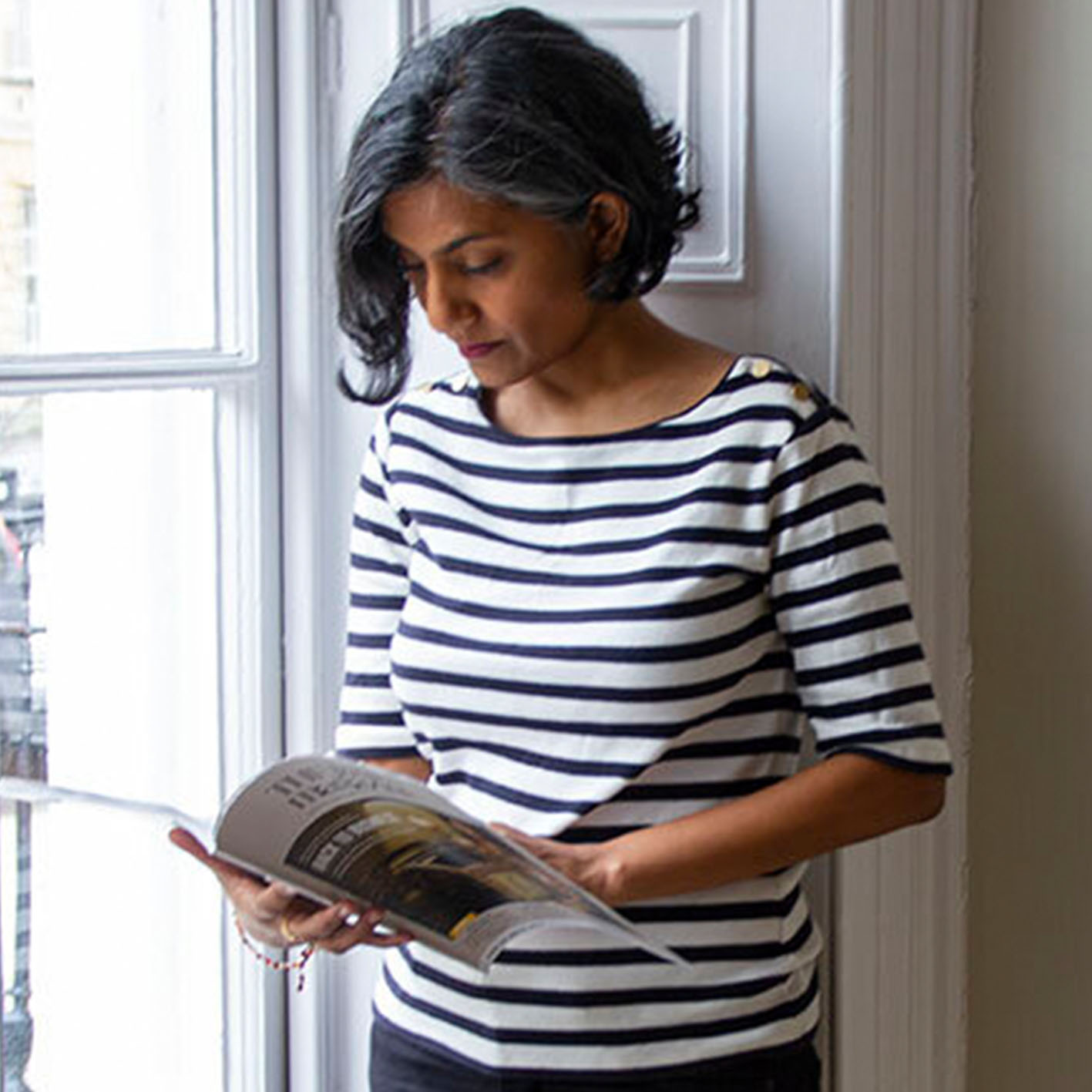How to fall asleep faster: 9 techniques to help you drift off
Banish the frustration of sleepless nights with techniques designed to help you fall asleep faster
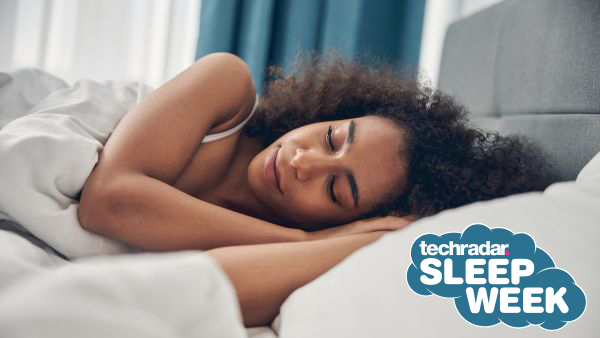
Sign up for breaking news, reviews, opinion, top tech deals, and more.
You are now subscribed
Your newsletter sign-up was successful
In a perfect world, we’d all fall asleep in around 10 to 30 minutes, but that’s often far from reality. And as you’ve landed on our feature looking at how to fall asleep faster, we’re guessing you don’t fall into that neat little bracket either.
According to sleep experts at the Mayo Clinic, if it takes you more than half an hour to fall asleep you might be dealing with Sleep Onset Insomnia. And this does more than make it tricky for you to nod off – it can cause a lack of focus and memory fog the next day, as well as irritability.
As the American Academy of Sleep Medicine explains: “Insomnia is the most common sleep complaint. It occurs when you have trouble falling asleep or staying asleep even though you had the opportunity to get a full night of sleep.”
So if you have trouble drifting off, it’s time to relax your mind and body, ready for some epic shut-eye. Here's how…
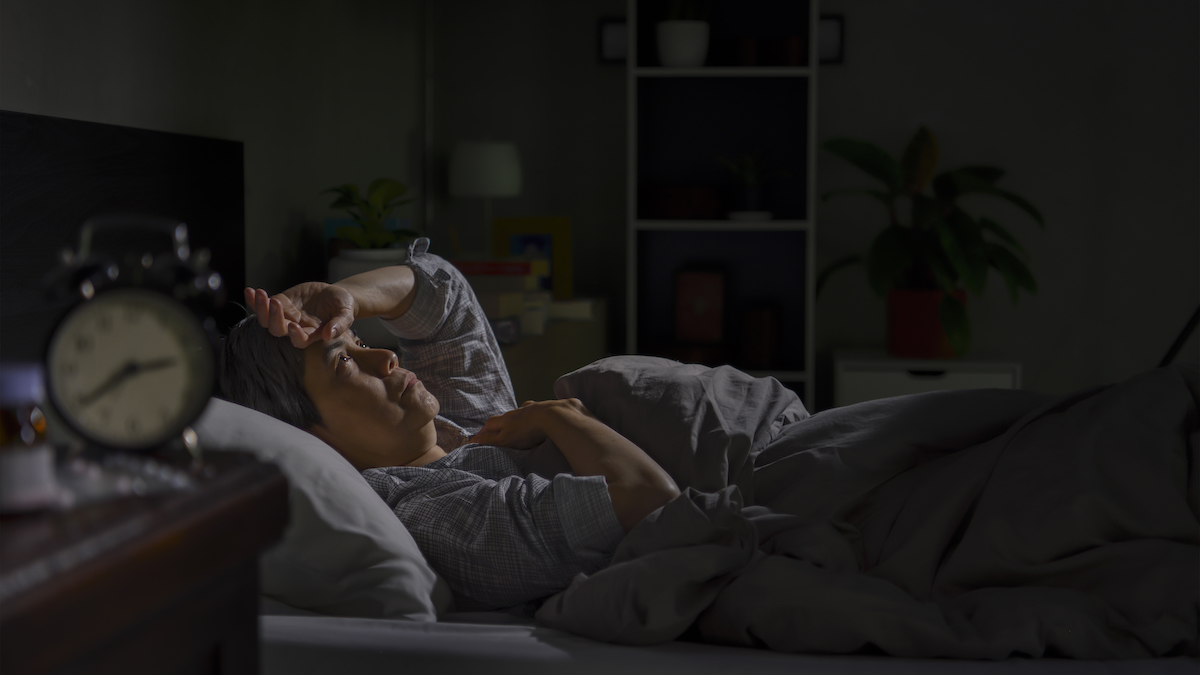
How to fall asleep faster: quick tips to try tonight
When your bedtime and wake up times are all over the place, your circadian rhythm becomes jumbled up. So sticking to a sleep schedule can help you fall asleep faster. You could also try the following:
- Make sure your bedroom is dark enough and cool enough, with a sleep-friendly temperature of around 18 °C / 64.4 °F.
- Try not to eat any large meals within two to three hours of going to bed, as your body will be focusing its energy on digestion, not sleep.
- Avoid alcohol too close to bedtime. Booze dehydrates you, which will wake you up and lead to disturbed sleep.
- If you are still awake after 30 minutes of lying in bed, get up and do a gentle activity, such as reading, in another room until you begin to feel sleepy.
- Racing mind keeping you awake? Try Cognitive Control. This CBT-i technique involves writing a quick diary entry to say what you are going to do tomorrow, and what plans you have put in place to do it.
- The frequency offered by white noise is said to trigger sleep by creating a restful environment. Read our guide to white noise machine for more.
It’s also worth thinking about what you’re sleeping on. Waking up at night because you’re struggling to get comfy could signal that you need a new bed. Check out our guide to the best mattress for all body types, and our Black Friday mattress deals round-up for the latest early savings.
To instantly boost your in-bed comfort, also check out guide guides to the best mattress toppers for all budgets, and the best pillows for sleeping.
Sign up for breaking news, reviews, opinion, top tech deals, and more.
1. Fall asleep in minutes with The Military Method
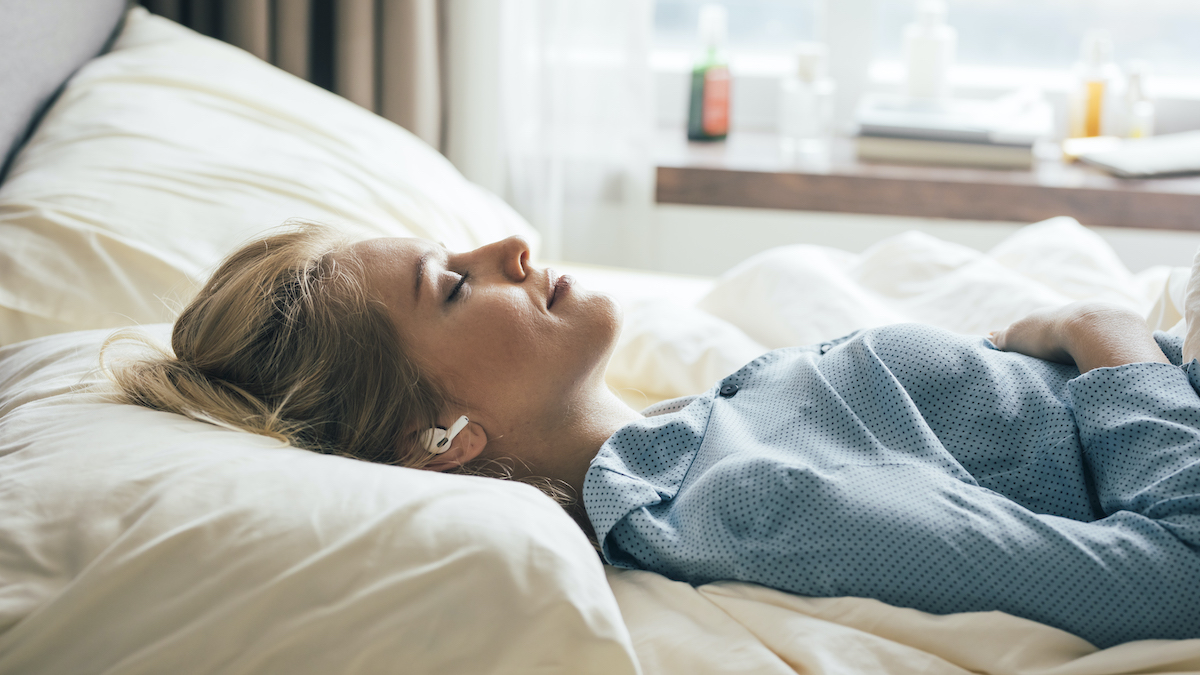
In his 1981 book, Relax and Win: Championship Performance, author and sprint coach Bud Winter outlined The Military Method for getting to sleep faster.
This is an old technique used by US soldiers to help them fall asleep within just two minutes. The Military Method should make you feel more relaxed after a few sessions, but from our experience it takes around six weeks to be fully effective.
To try it for yourself, get comfy in bed, then do the following:
1. Close your eyes and breathe out slowly, focusing on letting go of tension.
2. Relax your forehead, eyes, and jaw. Then let your shoulders relax, allowing the feeling to travel down each arm. Relax your abdomen and legs.
3. Now imagine you are lying on the bottom of a still canoe, upon a still pond, looking up at a beautiful sky; or that you are in a wide black hammock in darkness. Alternatively, you can repeat the words ‘don’t think’ for 10 seconds.
2. Get calm with the 4-7-8 breathing technique
The 4-7-8 technique (see video below) is based on an ancient yogic breathing technique. It was adapted by Andrew Weil M.D to help the sleeper control their breath to send the body into a deep state of relaxation.
Try it yourself, close your mouth and inhale through your nose as you count to four in your head. Hold your breath for seven seconds. Then exhale through your mouth for eight seconds, letting your breath 'whoosh' out.
Repeat all three steps three more times. Over time, build up to repeating the cycle a maximum of eight times in one sitting.
3. Don’t drink caffeine after midday
Ditching caffeine after midday makes a big difference to your sleep, especially if you have an early bedtime. While caffeine takes up to an hour to kick in, studies show that it has a half-life of around five hours.
So if it’s still in your system at bedtime it can exacerbate insomnia and affect the quality of slow-wave sleep, where we get our deepest and most restful sleep.
How come? Among other things, caffeine blocks the sleep-promoting receptor in the brain and keeps us alert. Experiment with different times until you find a caffeine cut-off point that works for you. Don't forget, it's found in soda and chocolate too.
4. Try Progressive Muscle Relaxation
This technique is similar to a body scan (see below) but it mainly focuses on relieving physical stress. The aim is to relax the body muscle by muscle to help you wind down. Like the body scan, this technique gets more powerful with practice.
To use Progressive Muscle Relaxation, get comfy in bed then start from your lower body, tensing one muscle group, such as your calves, for a few seconds while breathing in.
Relax these muscles as you breathe out, letting go of tension. Repeat this as you make your way up your body, or until you fall asleep (which shouldn’t take long).
5. Limit tech before bed (or use sleep mode)
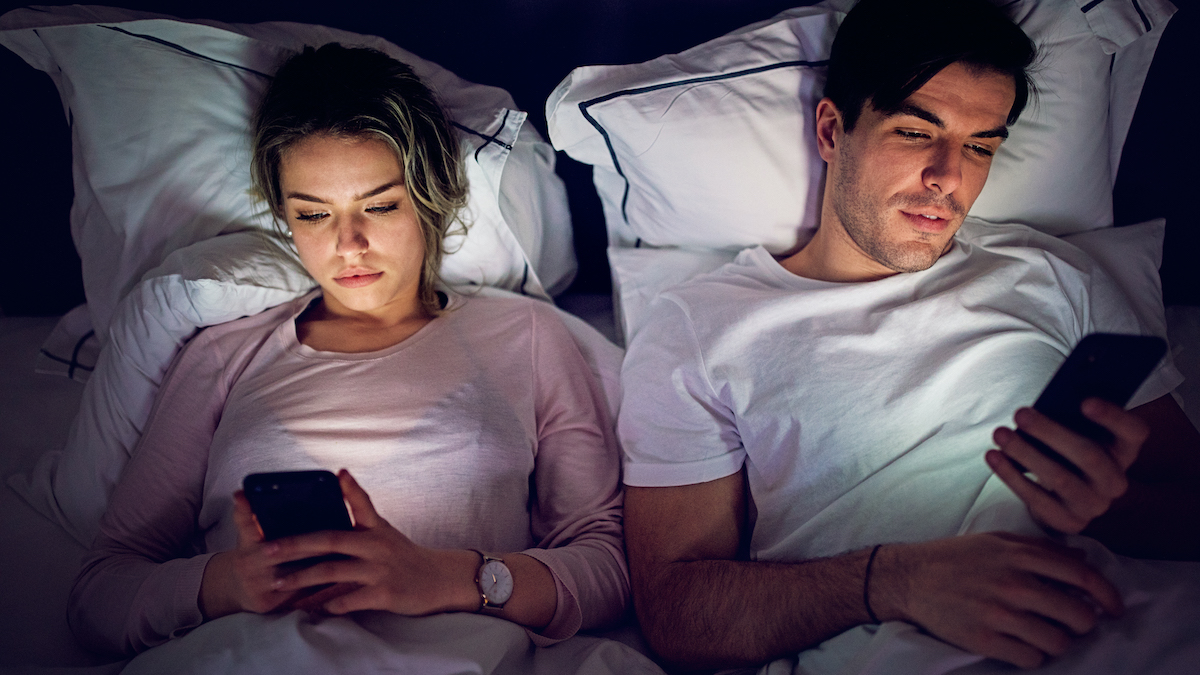
There are several reasons why switching off the screens an hour before bedtime is not only recommended by experts, but can help you fall asleep faster. These include:
- Screen time increases alertness and anxiety. Whether it’s a pressing email or something on a social media newsfeed, once your mind is engaged and ruminating, it can keep you awake.
- An article published by Harvard Health states that the blue light that emanates from screens is potentially harmful to our sleep as it reduces the production of melatonin, the hormone that controls the sleep-wake cycle.
- The pinging of notification that come from your phone can disturb your sleep. If you need to keep the phone volume on, try placing it in another room. Also try a separate alarm clock or an energising wake up light.
6. Do a full body scan
General stress and anxiety can make it hard for us to fall asleep quickly, so dealing with that before you get into bed helps. You can’t force sleep to happen, but you can create the right vibe for snoozing by relaxing.
Body scans for sleep involve focusing on your body one part at a time, starting with your feet until you reach your head, bringing in awareness and releasing tension with focused breathing.
The following 30-minute body-scan from Jon Kabat-Zinn, the creator of the Mindfulness-Based Stress Reduction program, is an excellent place to start:
7. Tackle insomnia with CBT-i
CBT-i (Cognitive Based Therapy for Insomnia) tackles sleeplessness by helping you to pinpoint the thoughts and triggers that keep you awake. CBT-i usually takes around six to eight sessions with a professional, although you can take an online course too.
Sleepio and Sleepstation are two of the best-known online CBT-i courses. They're designed to help you figure out your triggers for sub-par sleep, whether it's a racing mind, poor sleep hygiene, or something else entirely.
8. Do some light stretching or yoga
Experts at Johns Hopkins Medicine recommend some gentle yoga or light stretching before bed to help tackle insomnia. Focusing on steady postures and slowing and deepening your breathing helps prepare your mind for sleep.
Not sure what yoga stretches to do before sleep? We’re fans of Adriene Mishler, who has several bedtime-routine videos on her Yoga With Adriene YouTube channel. This one is great...
9. Drift off with a sleep meditation
Meditation apps are big pals with good sleep (we’ve used a whole bunch of them – read our Calm review for an example). From simple breathing sessions to bedtime stories, these chilled apps are designed to help you relax and drift off.
There’s plenty to choose from too, including Calm, Headspace (read our Headpace review), and Noisli. Many come with free trials so you can get a taste of how they could help you learn how to fall asleep faster.
We’d also recommend a ‘boring’ podcast like Otis Gray’s award-winning Sleepy, which has “become a nightly source of relief for insomniacs.”
This article is part of TechRadar's Sleep Week 2021 (running from Sunday 31 October to Sunday 7 November), our in-depth look at sleep and how to snooze better. We've teamed up with experts in their field to bring you sleep techniques and tips to help you drift off easier, and have rounded-up the best sleep kit to transform your bedroom into a den of zen.
Read more:
- Our guide to 2021's Saatva Black Friday sale
- How to choose a mattress to suit your sleep style
- The best Nectar Black Friday sales for all budgets
- Learn how to clean a mattress to help it last longer
Grace Franks is an experienced sleep and mattress writer who has written for our sister sites Tom's Guide and T3, among other brands. She's interested in organic and eco-friendly sleep products, and how good sleep can improve our general wellbeing. When not writing about mattresses, Grace loves reading, creative writing, and practicing yoga.
